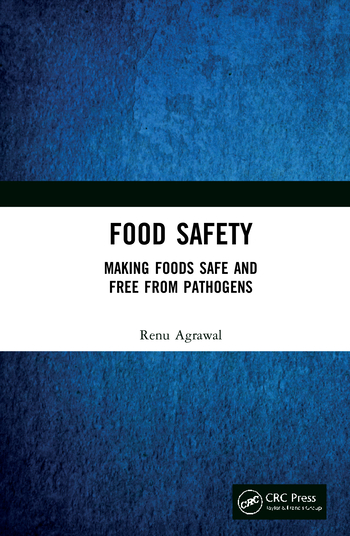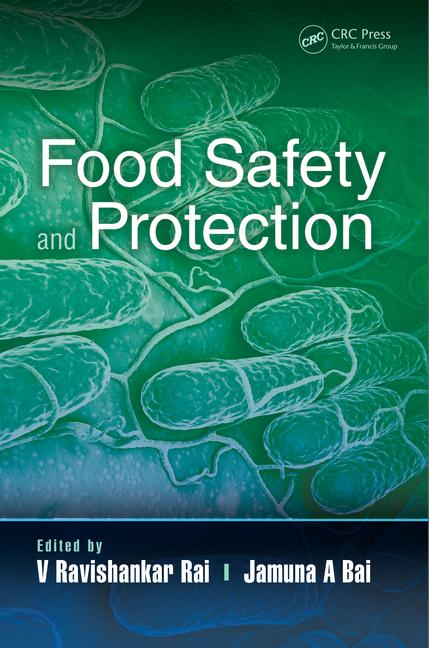All-Natural Activin Eliminates Salmonella and E. coli

Any outbreak of foodborne illness triggers publicity, and even the smallest headline about E. coli or Salmonella can cause consumers to curtail their meat purchases. That domino effect can have crippling consequences on the meat production industry, says David Hall, senior vice president of sales and marketing at aLF Ventures, LLC, a joint venture between National Beef Packing Company, DMV International and Farmland Industries, based in Salt Lake City, UT. Not only does the producer of the recalled product face millions of dollars in lost revenue and damages, but the entire industry suffers as consumers hesitate to buy meat until their confidence in its safety is restored.
Just last year, ConAgra spent more than $50 million on damages alone when it recalled 18 million pounds of beef products due to possible E. coli contamination. Three months later, Pilgrim's Pride recalled 27.4 million pounds of sliced deli poultry over concerns about possible Listeria contamination and within days, shares of Pilgrim's Pride fell more than 30%. And that doesn't account for the millions more in lost revenues as consumers didn't just give up on specific brands, but on meat products altogether.
Even though scientific advances have gone a long way toward reducing the incidence of pathogen related foodborne illness, and data from the U.S. Centers for Disease Control and Prevention (CDC) showed a 23% overall drop in bacterial foodborne illnesses between 1996 and 2001, consumers are still concerned about their food safety. As a result, meat packers and processors are constantly on the look out for interventions to further eliminate potential hazards, Hall says. "The goal is always zero tolerance."
Because consumers can also be wary of chemical solutions being used on products they consume, natural interventions are especially appealing. "They don't like the idea of eating products that have been chemically treated," Hall says.
A Natural Solution
Unfortunately, there have been few natural, effective bacteria interventions to fulfill the demands of consumers--until recently. aLF Ventures has created a new intervention, called Activin, that is a natural, activated form of lactoferrin, a naturally occurring protein that prevents bacterial infections in the body. "Lactoferrin is already present in breast milk, tears and in the meat tissue itself," Hall says. "It works in the body by creating a barrier to prevent bacterial attachment."
By activating raw lactoferrin, which is extracted from skim milk and whey, scientists at aLF Ventures have been able to create a natural antimicrobial spray that works outside the body just as lactoferrin works inside the body. "When applied to beef, it prevents pathogenic bacteria from attaching to the surface of the meat by binding with it and eliminating its ability to grow." Essentially, the Activin sticks to the bacteria and holds on to it so that when the meat is rinsed, the bacteria, trapped within the Activin, is washed away.
Activin won't necessarily replace other interventions," Hall says. "Instead it's another layer of protection against bacteria." Current interventions in use by meat processors already reduce bacterial counts by significant amounts but some attached bacteria still remain, he says. Activin can be sprayed on carcasses during the intervention process, which may also include thermal pasteurization and a two percent lactic acid rinse. "By adding this additional intervention step, meat processors can dramatically decrease the already low levels of potentially harmful bacteria that pose health risks to consumers."
The spray has been scientifically proven to protect against more than 30 different strains of bacteria, including E. coli O157:H7, Salmonella, Campylobacter, and Listeria. Additionally, an independent study was conducted by Colorado State University. The university's findings validated that Activin followed by two percent lactic acid rinse eliminated the growth of E. coli and Salmonella on beef, whereas the lactic acid rinse alone showed that small amounts of both bacteria remained on the sample.
Along with reducing the risk of these highly dangerous bacteria to almost nothing, the most exciting feature of this new intervention technique is that it is natural, Hall says. "Lactoferrin is already present in the meat and the amount of Activin used to protect a beef carcass is thousands of times less then the amount of lactoferrin in a glass of milk."
It's considered so safe that the USDA considers special labeling of treated carcasses unnecessary and the U.S. Food and Drug Administration has granted it "generally recognized as safe" (GRAS) status.
Activin is already being used on all of the beef carcasses produced by National Beef and aLF plans to use the spray to protect individual beef cuts, as well as chicken carcasses and other meat and poultry products. When Activin is used on individual cuts of meat or ready to eat products, aLF plans to label those packages.
"There are no other natural interventions on the market today that protect meat the way Activin can," Hall says. "This is a huge breakthrough."
Looking for a reprint of this article?
From high-res PDFs to custom plaques, order your copy today!





.png?height=200&t=1661887788&width=200)



